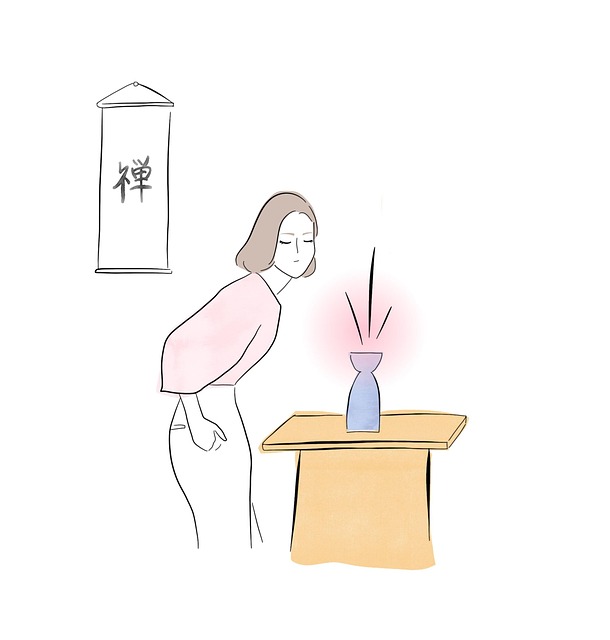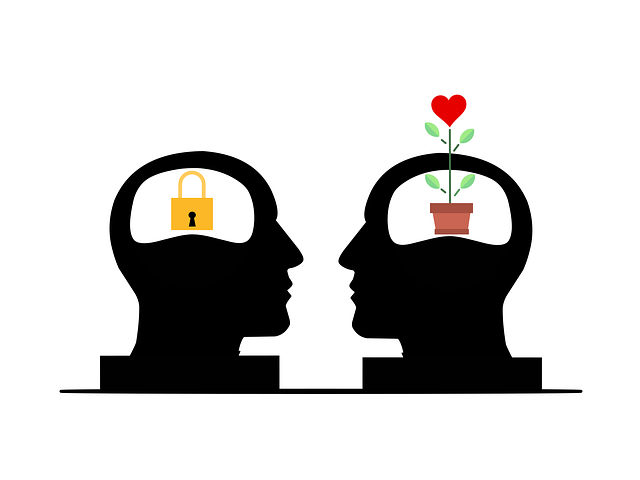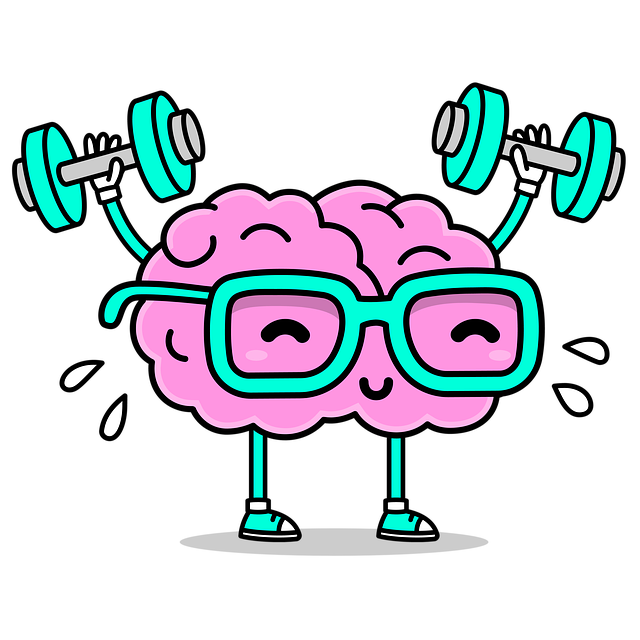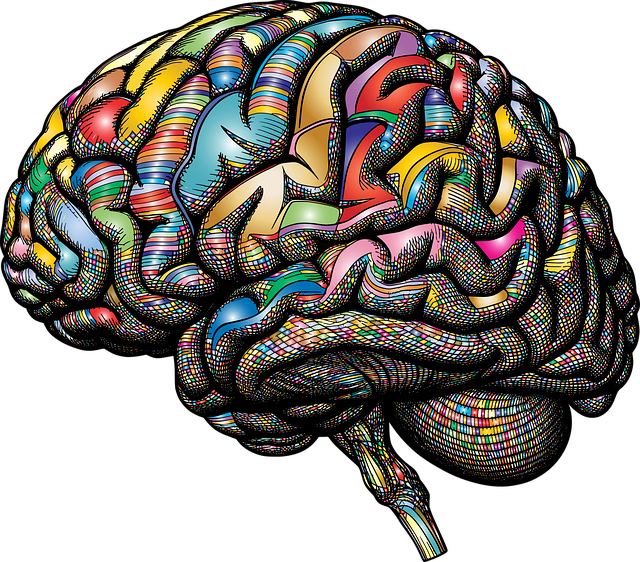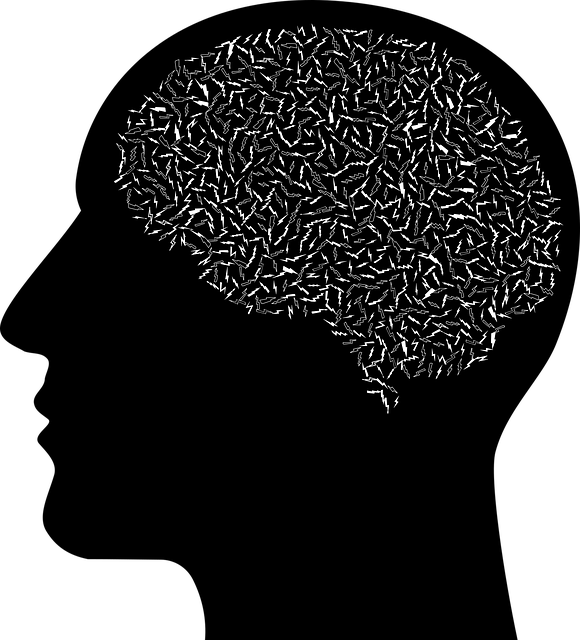Boulder First Responders Therapy leads in culturally sensitive mental health care, recognizing that clients' backgrounds shape their mental wellness. By understanding and respecting cultural differences, therapists create inclusive spaces where clients feel understood. This approach involves tailored communication strategies, learning diverse cultural beliefs, challenging biases, and building trust. It not only improves client outcomes but also promotes an accessible, effective mental healthcare system for Boulder's diverse communities, as evidenced by successful stories in the Mental Wellness Journaling Exercise Guidance resources.
In today’s diverse society, cultural sensitivity in mental healthcare is paramount. Understanding cultural diversity shapes effective treatment, especially for vulnerable communities facing unique challenges in accessing therapy. This article explores these critical issues, highlighting the successful model of Boulder First Responders Therapy, which caters to first responders from varied cultural backgrounds. We discuss practical tips for professionals, emphasizing education and tailored interventions, ensuring culturally responsive care for all.
- Understanding Cultural Diversity and Its Impact on Mental Health
- – Exploring the significance of cultural sensitivity in mental healthcare
- – Addressing the unique challenges faced by diverse communities in seeking therapy
Understanding Cultural Diversity and Its Impact on Mental Health

In today’s diverse society, mental healthcare professionals in Boulder First Responders Therapy must embrace cultural sensitivity as a cornerstone of their practice. Understanding and appreciating cultural diversity is crucial for providing effective care that addresses the unique needs and experiences of each client. Recognizing that mental health issues don’t exist in a vacuum but are deeply influenced by cultural, social, and historical factors is essential. This awareness allows therapists to create safe, inclusive spaces where individuals from various backgrounds feel understood and supported.
Cultural diversity enriches the therapeutic landscape by offering a broader perspective on mental well-being. For instance, different cultures may have distinct understandings of emotional expression, coping mechanisms, and the manifestation of psychological distress. By integrating communication strategies that respect these differences, Boulder First Responders Therapy can foster open dialogue, build trust, and strengthen the therapeutic alliance. Enhancing cultural sensitivity not only improves client outcomes but also contributes to broader Mental Health Awareness, ultimately promoting a more inclusive and effective mental healthcare system.
– Exploring the significance of cultural sensitivity in mental healthcare

Cultural sensitivity is a cornerstone in delivering effective mental healthcare, especially in diverse communities like Boulder where First Responders Therapy plays a vital role. Understanding and respecting cultural differences can significantly impact patient outcomes. Each individual brings their unique cultural framework to therapy, shaping their experiences of distress, coping mechanisms, and expectations of treatment. For instance, a person from a community with strong collective traditions might seek support for mental health issues within their cultural context, involving family or community leaders.
By embracing cultural sensitivity, therapists can adapt their practices to be more inclusive and accessible. This involves learning about different cultural beliefs, values, and practices related to mental wellness, such as the value of journaling exercises as a form of self-awareness in some cultures. It also means being aware of and challenging one’s own biases and assumptions, ensuring that mental illness stigma reduction efforts are culturally responsive. This personalized approach fosters trust, enhances communication, and empowers individuals to engage more deeply in their mental wellness journey, as evidenced by the growing success stories shared in the Mental Wellness Journaling Exercise Guidance resources.
– Addressing the unique challenges faced by diverse communities in seeking therapy

In addressing the unique challenges faced by diverse communities in seeking therapy, mental healthcare practitioners must recognize and respect cultural differences that can impact the therapeutic process. Communities like Boulder First Responders Therapy often encounter barriers to access due to past traumas, cultural stigma, or language disparities. For example, individuals from underrepresented backgrounds may have had negative experiences with authority figures or systemic discrimination, making it crucial for therapists to foster an environment of safety and trust.
Understanding these nuances is vital for delivering effective Trauma Support Services. Practitioners can enhance Emotional Intelligence by being mindful of their own biases and adapting their communication styles accordingly. Utilizing Conflict Resolution Techniques that are culturally sensitive can facilitate open dialogue and promote healing. By embracing diversity, mental health professionals not only improve outcomes for individuals from diverse communities but also enrich their practice with a broader perspective.
Cultural sensitivity is an indispensable aspect of modern mental healthcare, especially in diverse communities like Boulder. Recognizing and addressing cultural differences can significantly enhance the accessibility and effectiveness of therapy for all individuals, including first responders. By integrating cultural competency into practice, therapists in Boulder First Responders Therapy can better understand and meet the unique needs of their clients, fostering a more inclusive and supportive environment. This approach ensures that mental healthcare remains accessible, respectful, and tailored to the diverse tapestry of our community.
